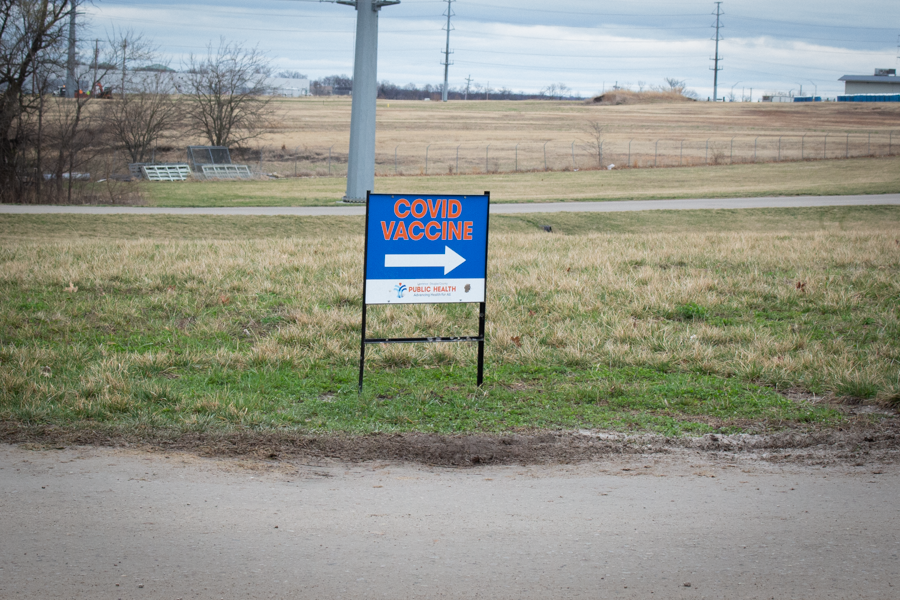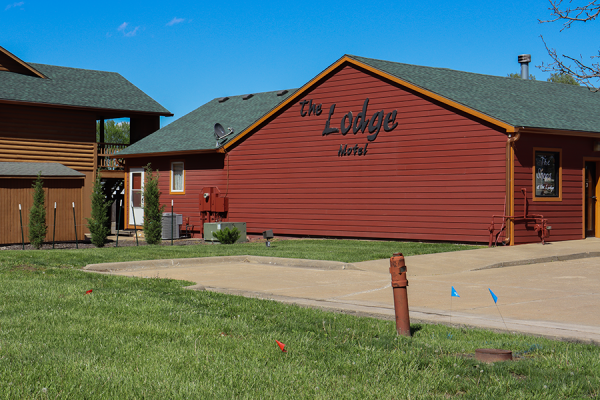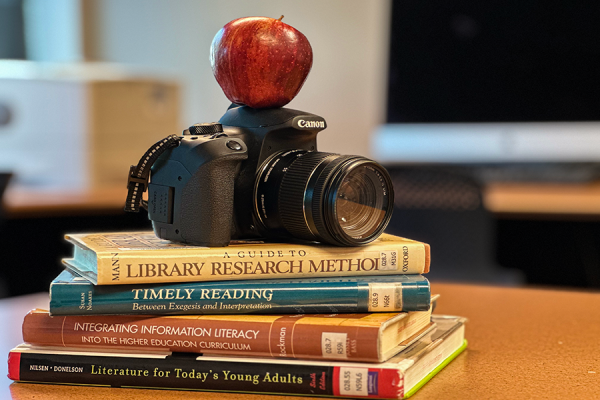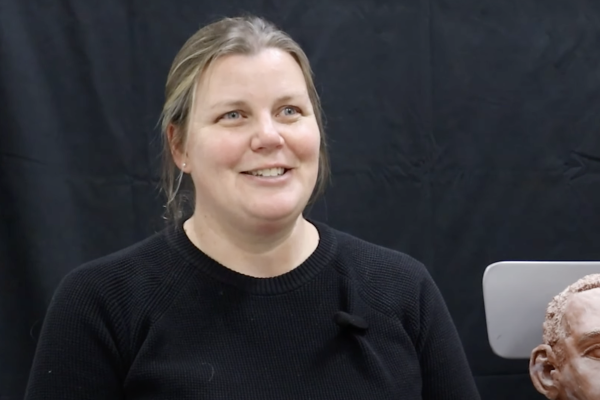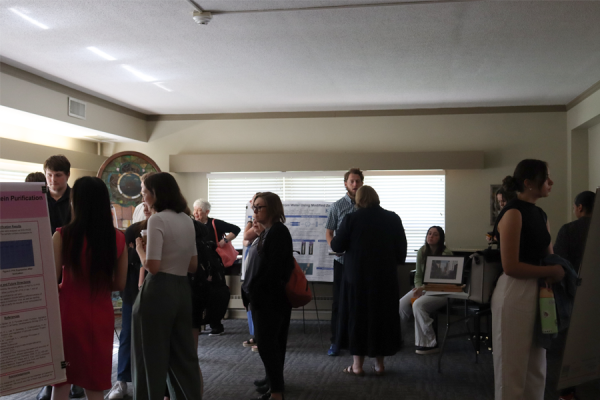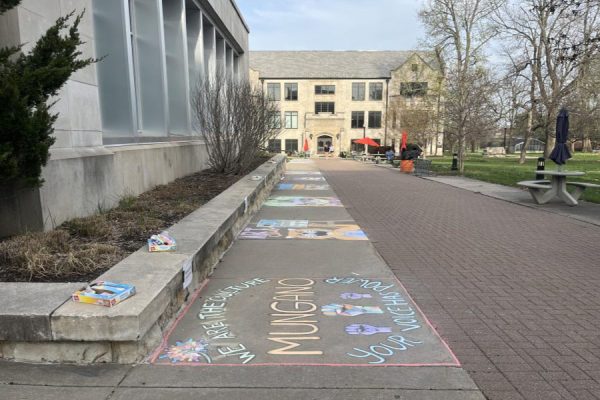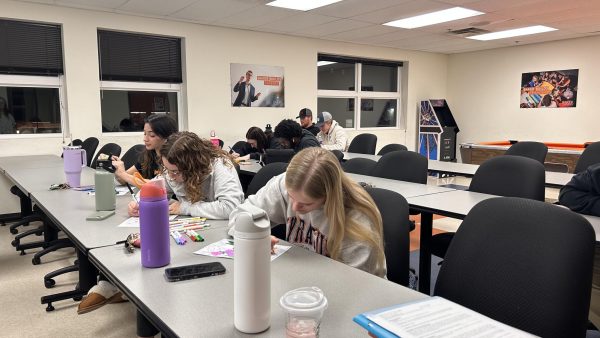Increasing number of faculty members receiving COVID-19 vaccinations
An increasing number of professors, faculty and staff at Baker University are now able to obtain their COVID-19 vaccination. Many have done so by traveling to the Douglas County Fairgrounds.
COVID-19 vaccinations are now available to all Kansans ages sixteen and over after the state of Kansas entered the final phase, Phase 5, of the Vaccine Prioritization plan on Mar. 29.
Even before the beginning of Phase 5, Associate Vice President of Capital Planning, Facilities and Emergency Management Scott George was working to advocate for higher education to get vaccinations.
George is Baker University’s representative on the Education Committee of the Unified Command. His role is to provide information about Baker’s actions, gain updates on health orders, listen to what others are doing and work collectively to move through the pandemic.
As preparations were being made to begin vaccine administration phases, there were continuous conversations on how it would be prioritized. When the second phase of Kansas’s plan came out, it included K-12 and early childhood employees, but did not address higher education.
George felt that higher education should be considered so that faculty and staff could be on campus safely for the benefit of students.
Through discussions with Douglas County, and in conjunction with multiple universities in Kansas, the state of Kansas agreed to include higher education faculty and staff who work closely with others on campus and do not work remotely to the Phase 2 prioritization list.
From there, the Education Committee approved to include Higher Education in their allotment ratio so that Baker and the University of Kansas could participate. Baker employees meeting the criteria were then eligible to receive their vaccine from Douglas County. Phase 2 did not include the student population.
Though Kansas has progressed to Phase 5, Douglas County specifically will continue with Phases 1 through 4 and will reevaluate moving to Phase 5 in the middle of April. Nonetheless, getting on the list now proves beneficial.
“I will be advocating to get our students availability as soon as possible to help ease scheduling of the second dose if required,” George said.
George recognizes the importance of the vaccine beyond the reasons of public health and protecting lives.
“In addition to safety, being with people is so important to Baker’s experience. The sooner we get past the pandemic, the sooner we get this back,” George said.
Faculty Senate Chair Nicholas Pumphrey feels it is important to Baker’s campus for faculty to get their vaccines.
Faculty Senate had plans to meet in person this spring for the first time since the pandemic began, but Pumphrey decided to push the in-person meeting to the following fall as he felt it was too soon. Though Pumphrey has received his first dose of the COVID-19 vaccination and will be getting his second dose soon, there is no way of knowing how many faculty members have taken the opportunity thus far.
“I do not know how many people have not been vaccinated and it is not something we can ask people,” Pumphrey said.
Since classes will be in-person and most of the faculty should be vaccinated by the fall of 2021, the group will begin their in-person meetings then.
According to the Center for Disease Control and Prevention (CDC), young adults ages 18 to 24 have the highest rate of positive COVID-19 cases compared to other age groups. Faculty and staff members tend to be a part of high-risk groups due to age and health issues. Since college is essentially a mixture of these two groups, it is cause for concern.
“In my opinion, it is imperative that we get vaccinated,” Pumphrey said. “If the vaccine makes us less likely to transmit the disease or have complications, we should definitely get it.”
Universities like Rutgers University will begin requiring proof of receiving the vaccine from all students, except those with special circumstances. Pumphrey predicts other colleges and universities will follow suit. Now begins the setting of that foundation.
“As institutions of higher learning, we need to do all we can to stop the spread of the disease, even if that is [faculty] leading by example and getting vaccinated,” Pumphrey said.

Maya is the News Editor for the Baker Orange. She is a senior from Lawrence, Kan. and is a mass media major. On-campus, she is a member of the women’s...


